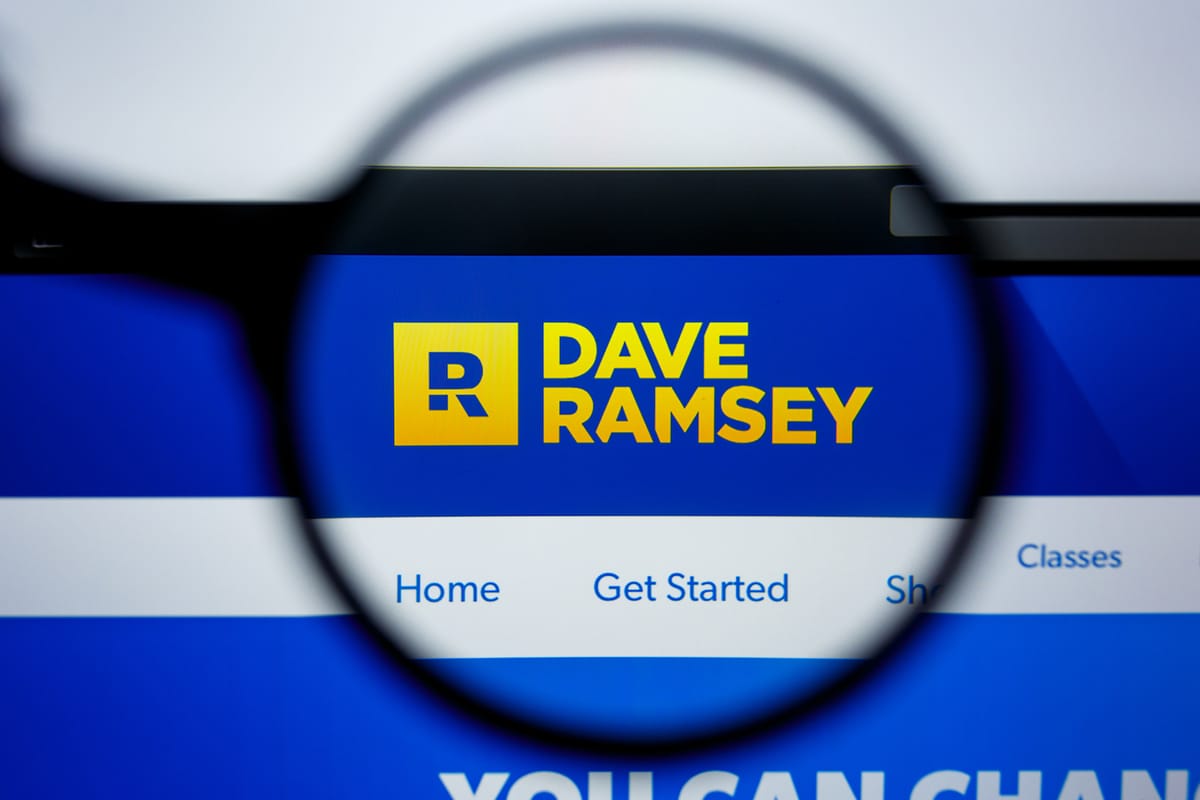

Start an Emergency Fund
One of the foundational steps in Dave Ramsey's financial plan is to create an emergency fund. This fund should initially be $1,000, which serves as a cushion for unexpected expenses. Having this fund in place helps you avoid going into debt when unexpected costs arise, such as car repairs or medical bills. It also provides peace of mind as you focus on other financial goals, like paying off debt.
Use the Debt Snowball Method
Dave Ramsey advocates for the debt snowball method to pay off non-mortgage debt. This method involves listing all your debts, starting with the smallest balance first, and then focusing all your efforts on paying that off while making minimum payments on the others. Once the smallest debt is paid off, you move on to the next smallest, and so on. This approach provides quick wins and helps maintain motivation as you see your debts disappear one by one.
Change Your Spending Habits
To save money effectively, it's crucial to alter your spending habits. One significant change is to stop buying brand-name products and opt for generic or store-brand alternatives. These products are often significantly cheaper but offer similar quality. Additionally, reviewing and adjusting your cellphone plan can save you money each month. Shopping around for better deals and negotiating with your current provider can lead to substantial savings.
Reduce Energy Costs
Energy costs can be a significant expense, but there are simple ways to reduce them. Start by making small changes such as taking shorter showers, fixing leaky toilets, washing clothes in cold water, and turning off lights when not in use. These small adjustments can add up and save you a considerable amount of money over time.
Optimize Your Commute and Subscriptions
Carpooling with coworkers can save you money on gas and reduce wear and tear on your vehicle. Another area to review is your subscriptions and memberships. Cancel any that are not providing significant value to your life. This temporary cutback can help you stack up cash while you focus on other financial goals.
Adjust Tax Withholdings
If you are receiving large tax refunds each year, it means you are essentially loaning the government money without interest. Adjusting your tax withholdings can put more money back into your monthly budget, which you can then use towards savings or debt repayment.
Utilize Free Resources and Cash-Back Apps
Instead of buying books, consider getting a library card to borrow books, audiobooks, or e-books. Additionally, using cash-back apps and coupons can save you money on purchases you are already making. These small savings can add up over time and contribute to your overall financial health.
Practice Financial Discipline
Impulse buying is a common trap that can derail your financial plans. Learning to say 'no' or 'maybe later' to non-essential purchases can help you build better spending habits and save more money. Delaying gratification can lead to greater contentment and financial stability.
Invest Wisely and Build Wealth
Once you have paid off your debt and built a solid emergency fund, it's time to focus on investing. Dave Ramsey recommends investing 15% of your household income into retirement accounts. It's also important to invest in things you understand and keep your investing simple. Avoiding more debt and living below your means are key to building long-term wealth.
Dues are $12 per year. Member benefits:
✅ Ad-Free Website Viewing
✅ Advocacy for Republican Seniors
✅ 120+ Senior Discounts
✅ Member Only Newsletters